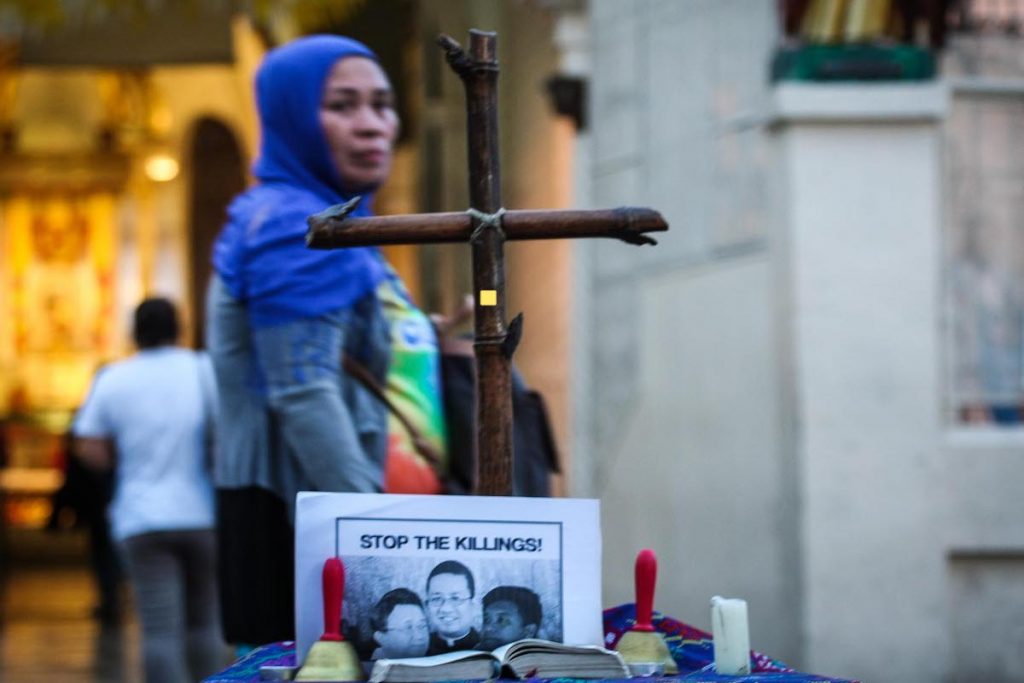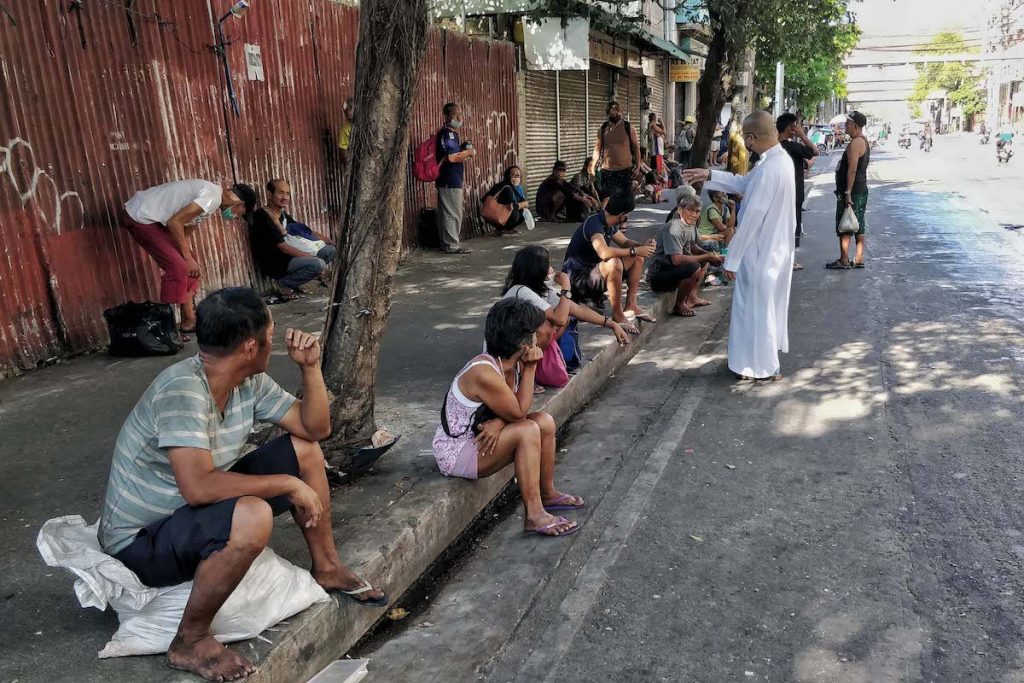
Reflection for the 15th Sunday in Ordinary Time (Cycle B)
Today’s readings are a recollection of the ministry of prophecy, a memorial to those who in our midst are persistently reminding us of our human duty to be mutually responsible for one another.
They are an uncanny lot, called to serve the kingdom of God’s justice and peace through a courageous and perilous disturbance of our modern and frivolous consciences. They have been given the unenviable task of underscoring the errors of our selfishness with the wisdom of selflessness as well as the fragility of our doubts with the sturdiness of faithfulness in the power of God, of the folly of our mistrust with the prudence of trust in the care of the Spirit.
Prophets are also an unwanted lot, who by becoming the “bitter medicine” for the ills of a society who refuses to cure itself, are ungratefully sentenced to a perpetual ignominious death by the very same society it ironically seeks to serve.
Scriptures show us that prophets never applied for the job, and have been disappointingly reluctant to take it when initially offered. Coming from obscure origins, their character sometimes betrayed a lack of ambition bordering on aloofness. But their innocent timidity for “making a difference on the world” is far outweighed by their natural passion for their Divine Protector – they would always look upon themselves as simply trying to do a job God has given them.
So, grounded in these inconspicuous beginnings of a calibrated detachment and hesitant involvement, they can remain unoffended if they are unwanted, ridiculed or driven away because they never desired to be so praised in the first place. Indeed, humility has peculiar inspirations.
The ministry of prophecy is a calling, only a strange calling. Our Lord tells them that though they are called and perhaps ignorant and inexperienced, they will never be sent on their missions for him unprepared; if lacking in stature and credibility, he will confidently bless them with authority. But our Lord also tells them to “take nothing for the journey but a walking stick, sandals and a tunic” with no spare, which is but a gentle admonition to “travel light, for whatever they need along the journey, will be given to them.” They who can truly claim to be the voice of God, must refuse the trappings of power and prestige, and must be willing to be stripped down to and be dependent on the bare essentials.
Prophets cannot choose their mission-sites. When brought there, their projects cannot be accomplished by merely visiting the place, and then regularly returning to comfortable domiciles. When they are welcome, prophets must “stay there until told to leave,” to immerse themselves in the life of the community they have been sent to reform and guide. When they are not welcome, they must depart as if they never came. When they have achieved what they have been told to do, they are exhorted to just fade away from the success, the mere memory of their presence preserved lovingly and enduringly in the hearts and minds of those they touched.

Prophets like us, long for peace. But prophets unlike us, have become active makers of peace. We all yearn for a stability in creative tension with a dynamism that would enable our communities to both progress and sustain themselves amidst inevitable change. Yet we are all aware that our own lack of control over the instinct to preserve ourselves at the expense of others, will eventually lead to a tragic and shared downfall in which no one will be spared. Prophets will however insist in their love for God, and at the risk of losing their lives, that we listen and be made subject to his transcendent order of kindness land truth, from which the miracle of justice will come “down from heaven,” bringing a shared prosperity and an everlasting peace for all.
If anyone of us is called to live the meaningful yet perilous life of a prophet, may we remember that we are “chosen in Christ to be holy and without blemish, in accord with the favor of his will,” to “have redemption by his blood, the forgiveness of transgressions, in accord with the riches of his grace that he lavished upon us,” “destined in accord with the purpose of the One who accomplishes all things according to the intention of his will, so that we might exist for the praise of his glory” in fulfillment of “a plan for the fullness of times, to sum up all things in Christ, in heaven and on earth.”
It is a solemn calling we dare not refuse.
Brother Jess Matias is a professed brother of the Secular Franciscan Order. He serves as minister of the St. Pio of Pietrelcina Fraternity at St. Francis of Assisi Parish in Mandaluyong City, coordinator of the Padre Pio Prayer Groups of the Capuchins in the Philippines and prison counselor and catechist for the Bureau of Jail Management and Penology.
The views expressed in this article are the opinions of the author and do not necessarily reflect the editorial stance of LiCAS.news.
Source: Licas Philippines
0 Comments